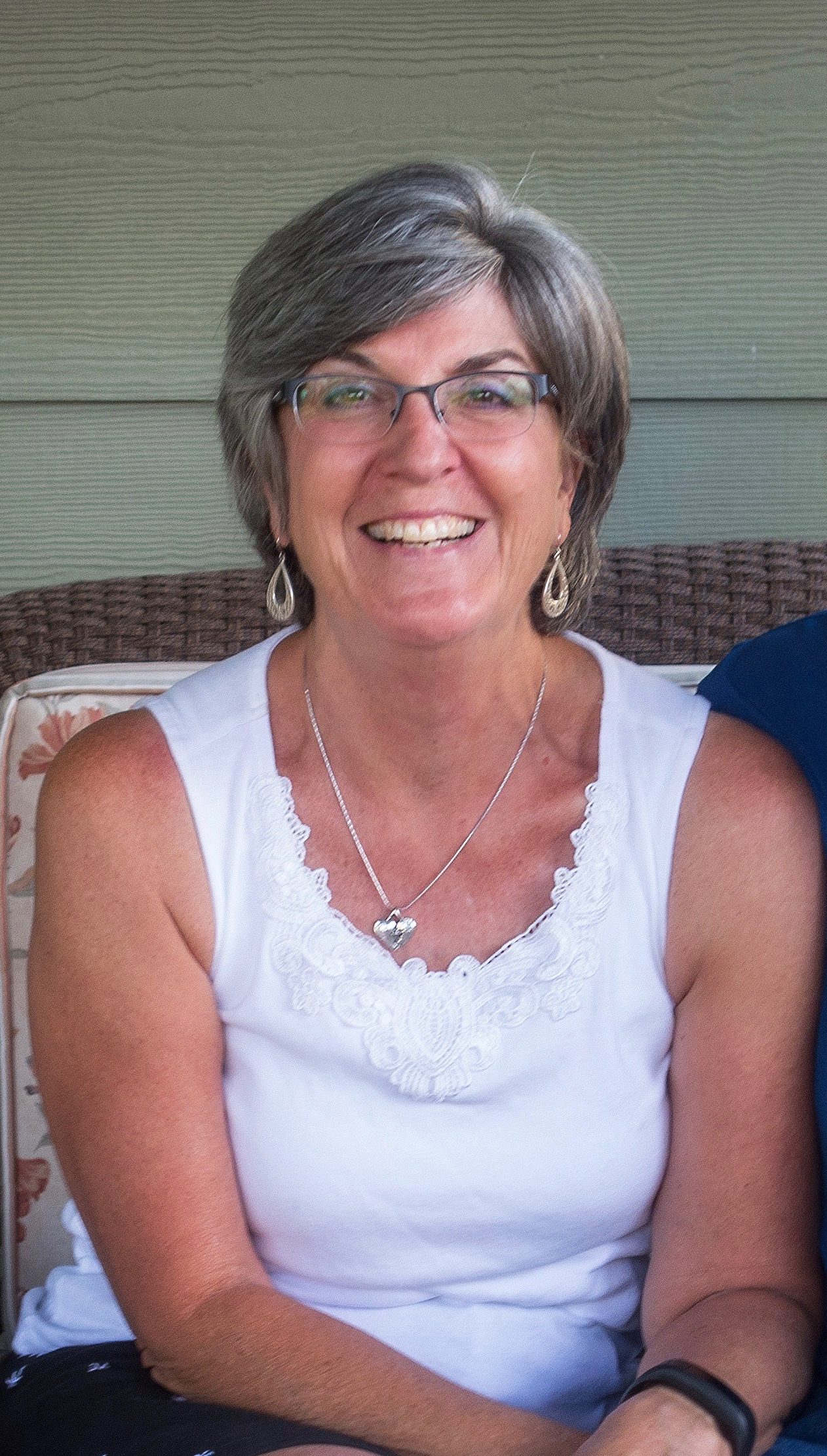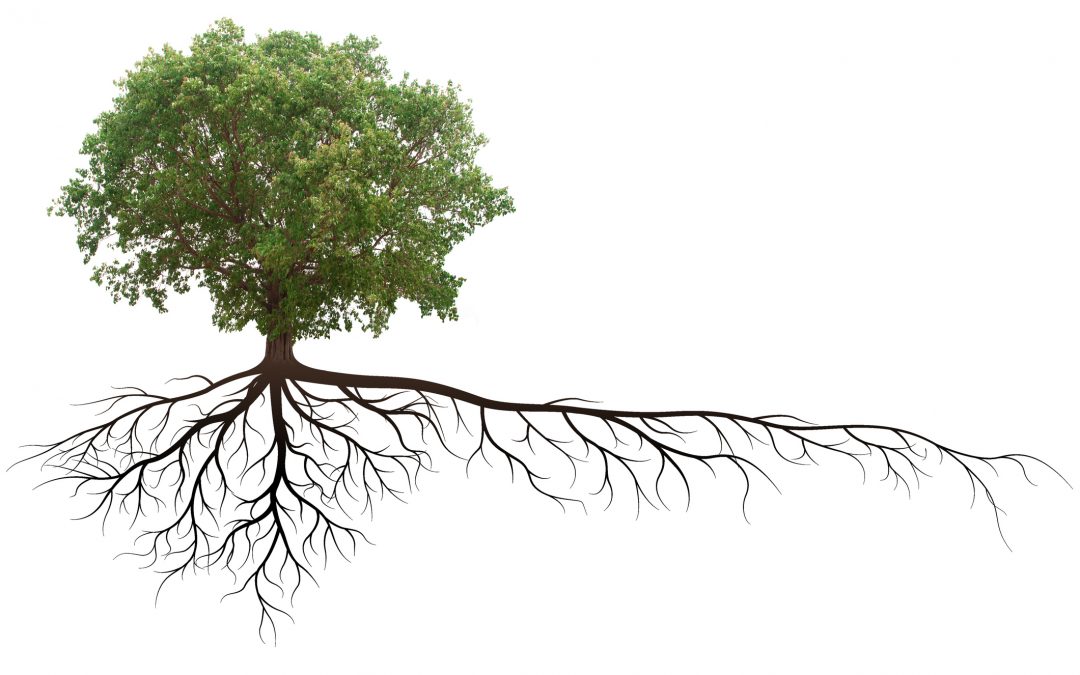Mark Twain once wrote, “Life would be infinitely happier if we could only be born at age 80 and gradually approach 18.”
My grandchildren (3 of them) are in middle school. How is that possible? It seems like just yesterday I was there myself! How can we communicate how quickly the years pass? And how important it is to enjoy each day and the challenges that arise without worrying about tomorrow? Throughout history people – and God – have been attempting to enlighten us on those issues. Just read Ecclesiastes to get the perspective of one ancient king on that challenge of life!
Middle school was hard enough when I was growing up. I have never heard anyone express the desire to repeat those years of their lives! Everyone at that age experiences the uneasiness of growing up and attempting to figure out who we are and how we fit in this world. (Some days I still feel that way – and that’s quite disconcerting!) Although every generation has faced a variety of challenges, today our children are presented with an increasing complexity of issues. Each generation desires to experiment with their own ideas as they approach life. Unfortunately, these ideas are usually different from their parents which causes pain and conflict. It seems that each one of us has to walk our own path and learn from our own mistakes. I remember wondering how I could possibly impart to my children the lessons I had learned along the way so I could help them not make the same mistakes I made. How is it possible to communicate the idea that delayed gratification can be a good thing, or that it is good to be bored sometimes? How do you impart the importance of growing deep roots so as a mature individual you will be able to withstand the winds of adversity? Most important of all, how do you let them know that no matter where they go or what they do, they will always have your love – a love that will always be there for them? How do you exhibit a balanced love that doesn’t rubber stamp an “anything goes” attitude; that will push back when they are heading into dangerous territory and will not stand silently by as they speed towards disaster…and yet will be there even if the disaster happens?
Delayed gratification
What a concept! In this age of instant gratification we are forgetting what this looks like. We have access to almost anything we want immediately today, yet it is still important to learn to wait for the best and not be satisfied with the easiest thing available. Settling for the quickest thing you can get your hands on isn’t always the best answer. In fact, it can complicate life tremendously! There is still something very gratifying about saving, anticipating and yearning. We tend to appreciate those things we wait for more than those handed to us immediately.
Boredom
What life lessons can we learn through boredom? Our imaginations grow stronger when we are bored. If our minds are always actively engaged in something, we do not dream and imagine in the same way. Most of us would define boredom as being an undesirable state that is not pleasant, yet research “suggests that without boredom we couldn’t achieve our creative feats.” “Being bored could hinder our lives in ways we don’t realize- but it may also have helped shape one of our most productive characteristics.” (David Robson – bbc.com)
Growing deep roots
Recently I saw a cartoon showing an older person and a younger person who were neighbors planting flowers and bushes in their yards. Both were diligent in watering and fertilizing their plants but while the younger person watered his plants every day, the older person allowed his plants to go several days between watering. The younger person was pleased to see his plants quickly grow twice as tall as the older person’s. One day, a brisk wind storm came up and when the two went out to survey the damage, the older person’s plants were still standing while the younger one’s plants were flattened. Nature affords us many examples of the importance of growing deeper roots so that when the winds of adversity come (and they most certainly will come!) we will have the strength to withstand them. Trees grow stronger in the winds and roots grow deeper when they have to push to reach the water. These are life lessons that don’t come instantaneously but rather develop over time.
As much as I long to communicate these values, I am aware that we all must learn life lessons through our own experiences. We can listen and learn through others, but experience is really the best teacher. As our children grow, open communication and a willingness to listen without offering advise at every turn is important. However, sometimes we are able to hear the voices and warnings of those who are a bit further removed from us than our parents. If that’s the case, maybe I will have better luck imparting these ideas to my grandchildren than I did to my children!

Jill Huston
Family & Friends Coordinator
In 2005, Jill and her husband Steve began attending WGA’s support group when one of their adult children disclosed their same-sex relationship. They began participating in the Friends and Family group and over time joined the leadership team. Steve and Jill have been married for 40 years; have 4 adult children, and 9 grandchildren.
Jill joined the leadership team in 2007 and started serving as a volunteer staff for the Friends and Family group in 2010. In 2010, she started organizing the semi-annual gathering of Friends and Family activities and other activities such as the 25-year WGA anniversary celebration.
Jill has a BS in Home Economics Education from CSU. She was a licensed teacher for many years. Jill enjoys planning and organizing events, meeting with individuals, and providing hospitality. In 2013, she joined the staff to coordinate the Friends and Family ministry. She is active in leading small groups, discipleship counseling and coordinating the monthly newcomer breakfast.
Make a Difference in Someone's Life
If you enjoy reading WGA’s blogs and would like to show your support, please consider making a donation. Where Grace Abounds is a 501(c)3 non-profit organization. The majority of services, including support groups and discipleship counseling, are provided free of charge. Your financial gifts help to cover the costs associated with offering a free program to those who seek WGA’s services.

